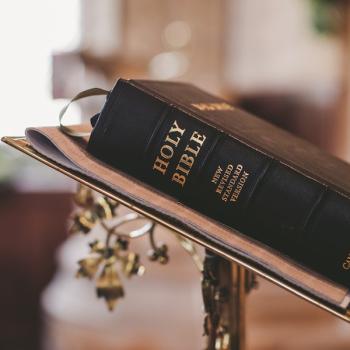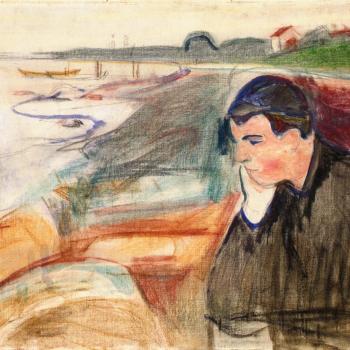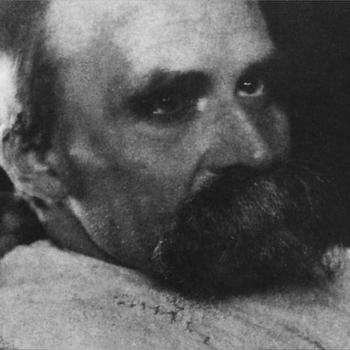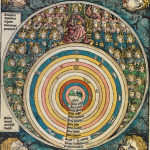And it is here that we reach the real heart of the matter. St Paul makes it quite clear:
We know that the law is spiritual; but I am carnal, sold into slavery to sin. What I do, I do not understand. For I do not do what I want, but I do what I hate. Now if I do what I do not want, I concur that the law is good. So now it is no longer I who do it, but sin that dwells in me. For I know that good does not dwell in me, that is, in my flesh. The willing is ready at hand, but doing the good is not. For I do not do the good I want, but I do the evil I do not want. Now if [I] do what I do not want, it is no longer I who do it, but sin that dwells in me. So, then, I discover the principle that when I want to do right, evil is at hand. For I take delight in the law of God, in my inner self, but I see in my members another principle at war with the law of my mind, taking me captive to the law of sin that dwells in my members. Miserable one that I am! Who will deliver me from this mortal body? Thanks be to God through Jesus Christ our Lord. Therefore, I myself, with my mind, serve the law of God but, with my flesh, the law of sin. (Romans 7:14-25)
Saint Augustine makes thing a tad more concrete:
But now, the more ardently I loved those whose healthful affections I heard tell of, that they had given up themselves wholly to You to be cured, the more did I abhor myself when compared with them. For many of my years (perhaps twelve) had passed away since my nineteenth, when, on the reading of Cicero’s Hortensius, I was roused to a desire for wisdom; and still I was delaying to reject mere worldly happiness, and to devote myself to search out that whereof not the finding alone, but the bare search, ought to have been preferred before the treasures and kingdoms of this world, though already found, and before the pleasures of the body, though encompassing me at my will. But I, miserable young man, supremely miserable even in the very outset of my youth, had entreated chastity of You, and said, Grant me chastity and continency, but not yet. For I was afraid lest You should hear me soon, and soon deliver me from the disease of concupiscence, which I desired to have satisfied rather than extinguished. And I had wandered through perverse ways in a sacrilegious superstition; not indeed assured thereof, but preferring that to the others, which I did not seek religiously, but opposed maliciously.
Our lives are a battleground; our desires are confused, or at least they appear that way to us. We ourselves are bundles of fractured desires, pointing this way and that. What we find, when we get to the bottom of any “self,” is not a clear-headed right track on which to go; no we find the reality of brokenness, of sin, of finitude.
Or, if I may put things in secular terms—of lack. Daniel M. Murtaugh clarifies how Jacques Lacan, a twentieth-century psychoanalyst, approached the question:
The pronoun “I” essentially defines not a continuity through time of thought and feeling, not a stable kernel of identity, but a grammatically revealed distinction from “you” and “her” and “them.” The subject is thus defined by difference and negation. Rather than a whole human being, the subject is a “position, a locus where different systems cross” (Bal, “Rhetoric,”343, cited by Lawton, 6). The subject’s awareness of its discontinuity is a source of anxiety, as we noted earlier, prompting the subject’s search for an organizing principle.

















